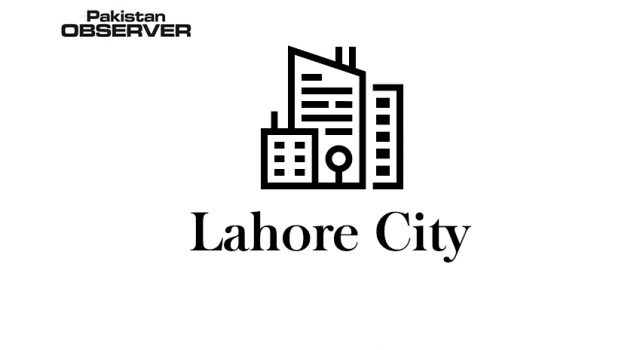As none of the Free Trade Agreement has boosted exports from the country so far, the Friends of Economic and Business Reforms has recommended the government to review its trade and export policies with a keen focus on value-addition for a sustainable economic trajectory, as the government has been facing decline in exports by over 3 per cent in Jan 2020 despite depreciating currency and several other measures.
FEBR President Kashif Anwar said that country’s export of merchandise has posted negative growth over the past two consecutive months despite multiple currency depreciation.
“So far none of the Free Trade Agreement (FTA) or preferential treaty with any country has helped enhance exports from the country after its implementation while the volume of imports has seen double-digit growth after those agreements with different countries.” Contrary to the expectations, exports entered negative growth of 3.17pc to $1.97 billion in Jan 2020 as against $2.03bn over the corresponding month last year. He said that the drop in exports’ proceeds has started since Dec 2019 when it fell by 3.8 percent while a similar quantum of decline was seen in January 2020 He said that the large scale manufacturing sector of the country has already been in negative growth since July 2019 but still the commerce ministry’s focus is on negotiations for international trade agreements and market access. Between July 2019 and Jan 2020, the export proceeds’ growth lowered by 2.14pc as it stood at $13.49 billion against $13.21 billion over the corresponding months last year. Kashif Anwar said that the numbers are discouraging as exports, which should have grown over the last few months owing to multiple currency depreciation, have failed to pick up. The government projects exports during the ongoing fiscal to reach $26.187bn, up from $24.656bn in FY2019. On the external side, imports are still dropping, which is providing some breathing space despite negative growth in exports from the country. The FEBR chief appreciated the government’s efforts to narrow down current account deficit but warned the authorities that balance of accounts should not be at the cost of local industry’s growth. Kashif Anwar said the government strict import policy along with high cost of doing business owing to multiple raises in fuel cost and energy tariffs have almost halted the industrial production. The current account deficit reduction should be based on growth in exports, resulting into growth in industrial production as well as employment generation.









